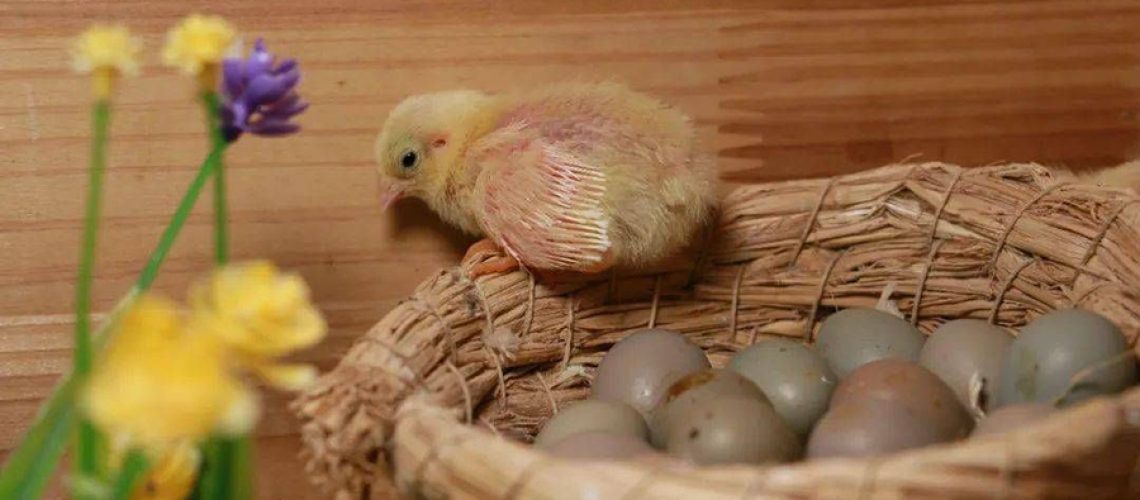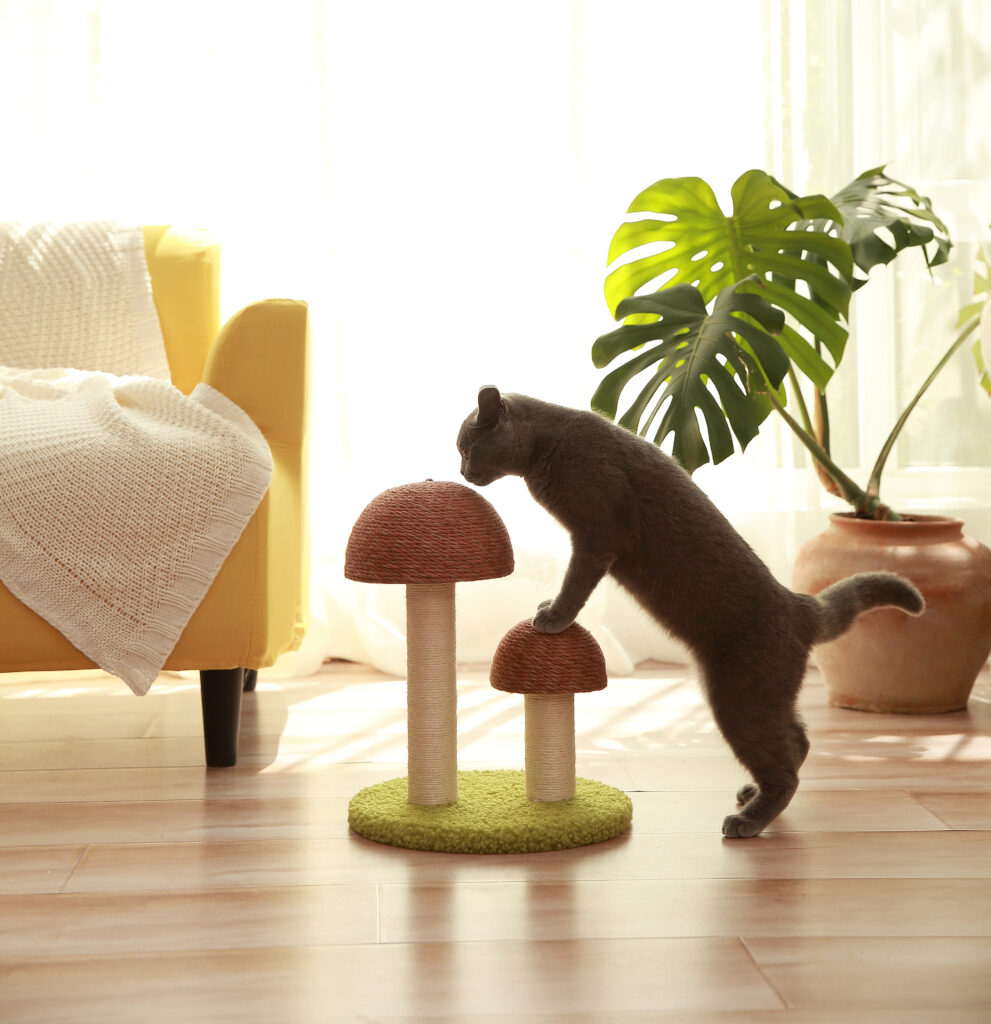Raising rutin chickens is not an easy task and requires attention to many details and techniques. If you are a beginner and want to raise a good rutin chicken, please read the following content carefully to understand some basic breeding methods and precautions.
1.Choose a suitable venue
Rutin chicken needs a clean, ventilated, and well lit place, and can choose a balcony, window edge, or indoor space. If you want to hatch your own rutin chicken, you also need to prepare a fully automatic incubator or water bed incubator, as well as fertilized eggs. The incubation temperature should be maintained between 37.4 and 38.2 degrees, and the eggs should be flipped twice a day. After about 14 days, stop flipping the eggs and spray the eggshells with water. The incubation period is about 18 days.
If you purchase live rutin chicken seedlings directly, you should pay attention to selecting healthy, lively, and similar sized chicken seedlings to avoid diseases and conflicts. You can use larger chicken cages or sealed breeding boxes to place rutin chicken seedlings, with a fermentation bed or other padding at the bottom to decompose chicken manure and deodorize. We also need to prepare feeding and watering devices, grass beds, temperature controllers, insulation lamps, temperature and humidity meters, and other equipment.
2.Temperature management
Rudin chickens are very sensitive to temperature, and being too high or too low can affect their growth and health. Generally speaking, rutin chicken seedlings need to be kept at a temperature of around 30-35 degrees Celsius, while adult rutin chickens need to be kept at a temperature of around 20-25 degrees Celsius. In summer, it is necessary to strengthen ventilation and reduce breeding density; In winter, attention should be paid to preventing cold and keeping warm. Measures such as increasing temperature or adding insulation lights can be taken to keep warm.
The thermostat can help you control the temperature inside the box and automatically turn on and off the heating light within the range you set. Daylight can be used to provide light and illumination during the day; Night lights or ceramic lamps can be used at night to provide warmth and comfort.
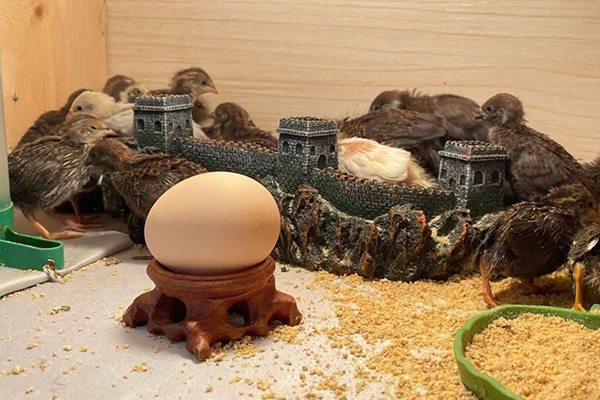
3.Feeding
The food of the rutin chicken should be fine and easy to digest. It can be replaced by chicken feed, or it can be fed with a mixture of milled grains such as pure corn flour, wheat flour, and some fish meal, shrimp meal, vegetables, etc., to ensure balanced nutrition. When feeding rutin chicken seedlings, you can add a small amount of water to make the feed a paste, and then feed it on a small food tray or place it on a mat. At the beginning, it is fed daily. After two weeks, it can be fed 6 times a day, and after four weeks, it can be fed 4 times a day.
The water of Rutin chicken should be kept clean and fresh, and the water should be changed at least twice a day to avoid impurities and bacteria in the water. You can add some electrolyzed multivitamins, fish liver oil, etc. to water to enhance the immunity and resistance of Rutin chicken.
4.Daily management
Rutin chickens need to regularly clean their feces, maintain dryness and hygiene, and have fresh indoor air. Fermentation beds can be utilized to reduce cleaning frequency. Also, regularly flip the fermentation bed to maintain ventilation and temperature. It can be screened and flipped with a leaky shovel.
Rutin chickens need sufficient space for activity and play, and can be equipped with some landscaping items such as wooden houses, fences, and simulated green plants to increase their fun and comfort. Also pay attention to observing the behavior and condition of the Rutin chicken, and promptly detect abnormalities and problems.
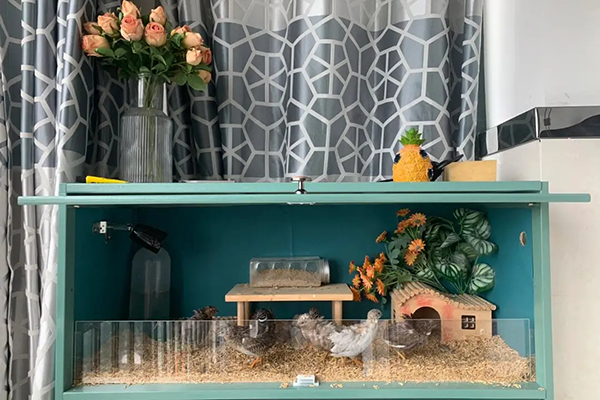
5.Disinfection and sterilization
Rutin chickens are susceptible to bacterial, viral, and parasitic infections, so regular disinfection and sterilization are necessary to prevent the occurrence of diseases. Disinfectants such as potassium permanganate and acaricide can be used to clean and disinfect breeding boxes, bedding, feeding and water feeders, etc. Also, regularly bathe and spray the Rutin chicken to remove mites and other parasites from the body.
6.Fill in supplementary lighting
Rutin chickens require sufficient light to maintain normal physiological rhythms and egg laying ability. Generally speaking, rutin chickens require 12 hours of light per day. Home grown rutin chickens can be placed on balconies or near windows to receive natural light. In winter, the light is short and can be artificially supplemented by adding 2 hours of light in the morning and 2 hours in the evening to achieve stable light intensity and duration.
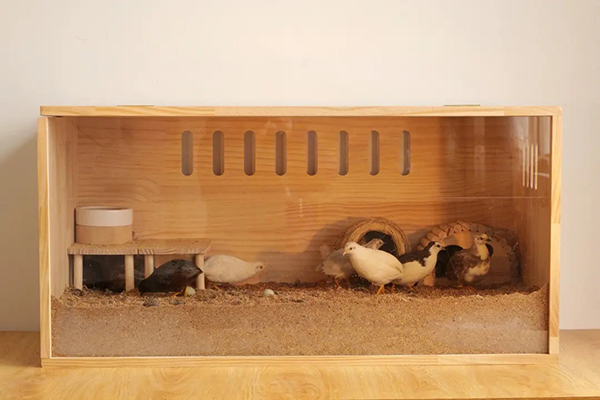
7.Disease prevention and control
Although the Rutin chicken is small and cute, it is also prone to common chicken diseases such as colds, diarrhea, feather picking, mites, etc. If abnormal symptoms such as mental fatigue, loss of appetite, difficulty breathing, and feather shedding are found in Rutin chickens, timely diagnosis and treatment should be carried out to avoid delay and deterioration. According to different symptoms, suitable drugs such as enrofloxacin, amoxicillin, and pecking feather clear can be fed to the rutin chicken. At the same time, it is necessary to isolate diseased rutin chickens to prevent transmission to other healthy rutin chickens.

